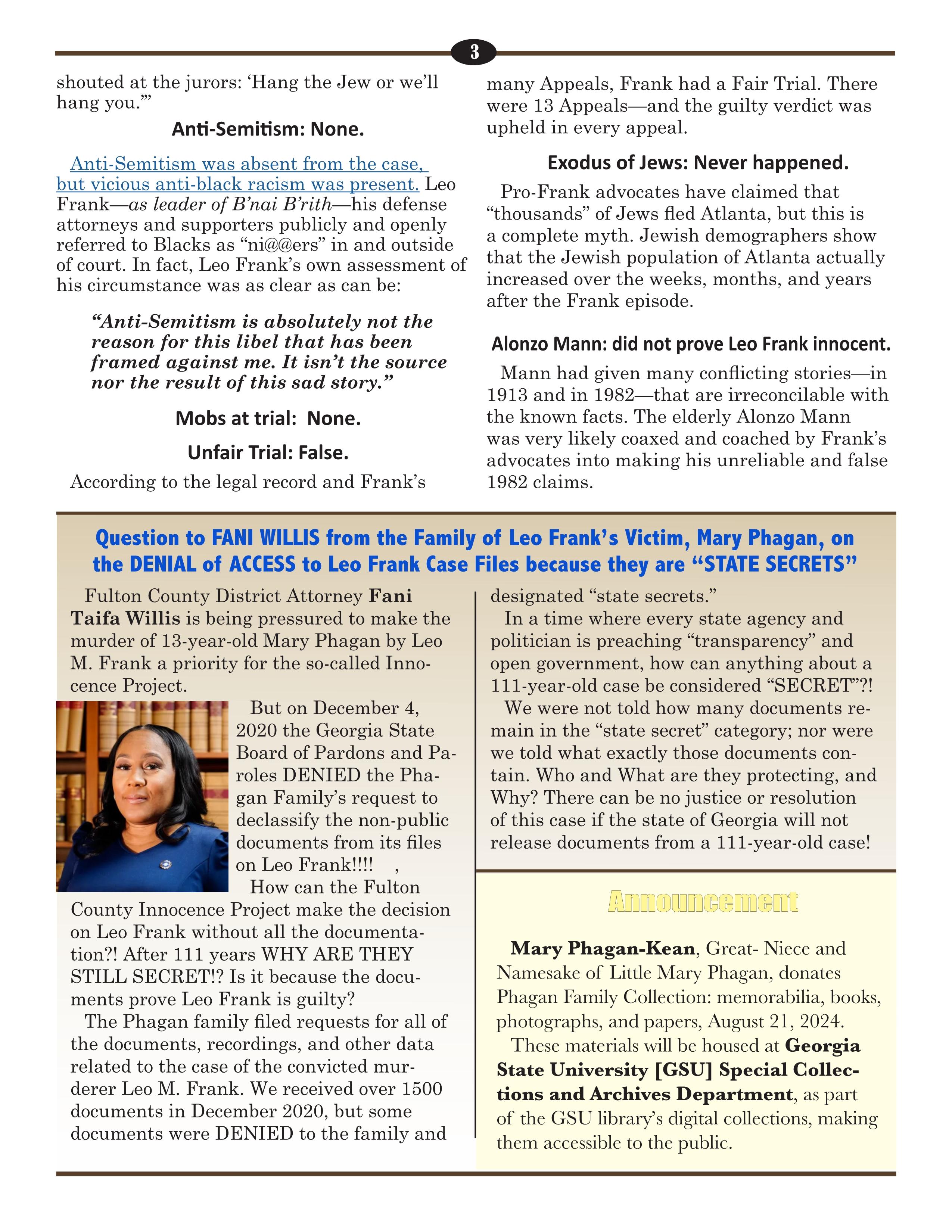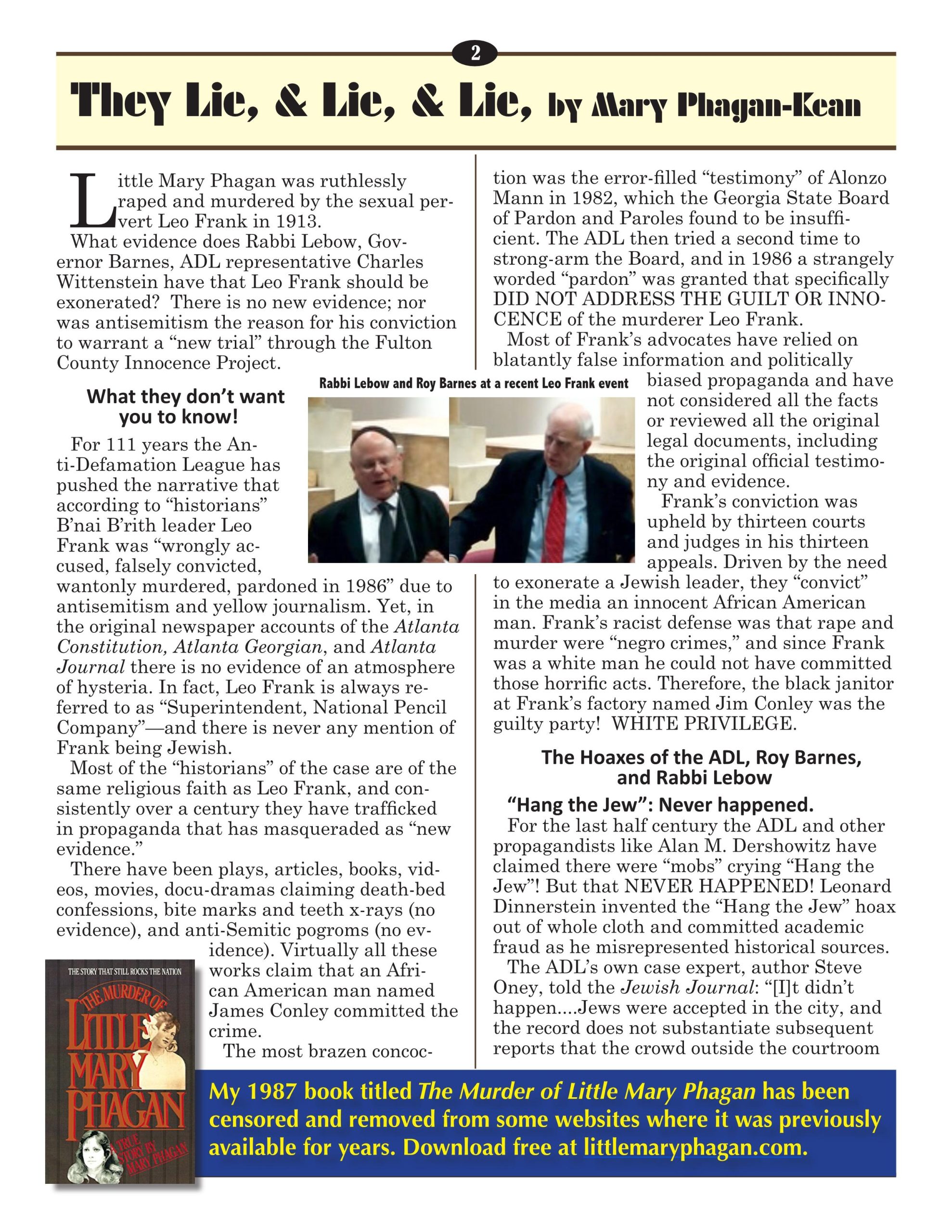In the complex tapestry of human relationships, compromise emerges as a fundamental thread that weaves harmony and understanding. Whether in romantic partnerships, friendships, or family dynamics, the ability to find common ground is a crucial skill that fosters mutual respect and strengthens bonds. In this article, we will explore the pivotal role of compromise in cultivating healthy relationships. With a confident approach, we will delve into how compromise not only resolves conflicts but also enhances communication and nurtures a sense of shared purpose. By embracing compromise, individuals can navigate the inevitable challenges of interpersonal connections, transforming potential discord into opportunities for growth and deeper connection. Join us as we unpack the transformative power of compromise and its indispensable role in sustaining fulfilling and resilient relationships. Compromise in Building Trust”>
Compromise in Building Trust”>
Understanding the Role of Compromise in Building Trust
Compromise acts as a cornerstone in fostering trust within any relationship. When two individuals come together, they bring unique perspectives, needs, and desires. It’s natural for these to clash at times. However, it is through the process of compromise that both parties can feel valued and understood. This is where trust begins to flourish. By engaging in compromise, each person demonstrates a willingness to prioritize the relationship over individual preferences, creating a sense of mutual respect and understanding. Such actions reassure partners that their feelings and opinions are considered, reinforcing a foundation of trust.
- Demonstrates Commitment: Willingness to meet halfway shows dedication to the relationship.
- Fosters Empathy: Understanding another’s perspective enhances emotional connection.
- Builds Mutual Respect: Valuing each other’s opinions nurtures a respectful environment.
In essence, compromise is not about losing or winning; it’s about crafting a shared path forward. By consistently applying this principle, partners create a resilient bond, one where trust is not only built but continually reinforced. Through compromise, couples can transform challenges into opportunities for growth, ensuring that trust remains at the heart of their relationship.
Practical Strategies for Effective Compromise in Relationships
Incorporating effective compromise into your relationship requires a blend of empathy, communication, and adaptability. Begin by actively listening to your partner’s perspective. This means not just hearing their words but understanding their feelings and motivations. When both parties feel heard, it’s easier to identify common ground. Make use of the “win-win” approach—look for solutions that satisfy both partners’ needs rather than focusing solely on your own. This method fosters a spirit of cooperation and respect.
- Set clear boundaries: Establish what is non-negotiable for each of you and respect those limits.
- Prioritize flexibility: Be willing to adapt and make concessions on less critical issues.
- Practice patience: Compromise is a process, and finding the right balance can take time.
- Communicate openly: Share your thoughts and feelings honestly, but remain open to feedback.
- Focus on the outcome: Keep the bigger picture in mind and strive for solutions that enhance the relationship overall.
By implementing these strategies, couples can navigate conflicts more effectively, ensuring that both partners feel valued and respected in the decision-making process.
Recognizing and Overcoming Barriers to Compromise
In any relationship, the path to compromise can often be blocked by a variety of obstacles. Recognizing these barriers is the first step towards overcoming them. Stubbornness is a common hurdle, where individuals are unwilling to bend their views or expectations. This rigidity can stem from a fear of losing control or a deep-seated belief that their perspective is the only valid one. Lack of communication is another significant barrier; when partners fail to express their needs and concerns clearly, misunderstandings can fester, making compromise seem impossible.
- Identify Emotional Triggers: Understanding what causes emotional reactions can help in managing responses more effectively.
- Practice Active Listening: Truly listening to your partner’s concerns and desires can open pathways to mutual understanding.
- Foster Trust: Building a foundation of trust encourages openness and reduces defensiveness.
- Embrace Flexibility: Being open to change and willing to adjust your stance can lead to more balanced outcomes.
By addressing these barriers head-on, partners can cultivate a more harmonious and balanced relationship. This process requires patience and dedication, but the rewards of a healthy, compromising relationship are well worth the effort.
Fostering Mutual Respect Through Compromise Techniques
At the heart of any thriving relationship lies the ability to understand and value each other’s perspectives. This is where compromise techniques come into play, acting as essential tools for fostering mutual respect. To master these techniques, partners should focus on a few key strategies:
- Active Listening: Make a conscious effort to listen without interrupting, acknowledging each other’s viewpoints, and demonstrating genuine interest in their feelings and concerns.
- Empathy: Try to put yourself in your partner’s shoes to better understand their emotions and motivations. This practice nurtures compassion and facilitates a more empathetic approach to conflict resolution.
- Flexibility: Be willing to adapt and adjust your stance. Flexibility shows that you value the relationship over being “right,” promoting a spirit of cooperation.
Implementing these techniques not only paves the way for effective conflict resolution but also enhances the emotional bond between partners. As you embrace compromise, remember that it’s not about losing or winning but about building a stronger, more respectful partnership.




